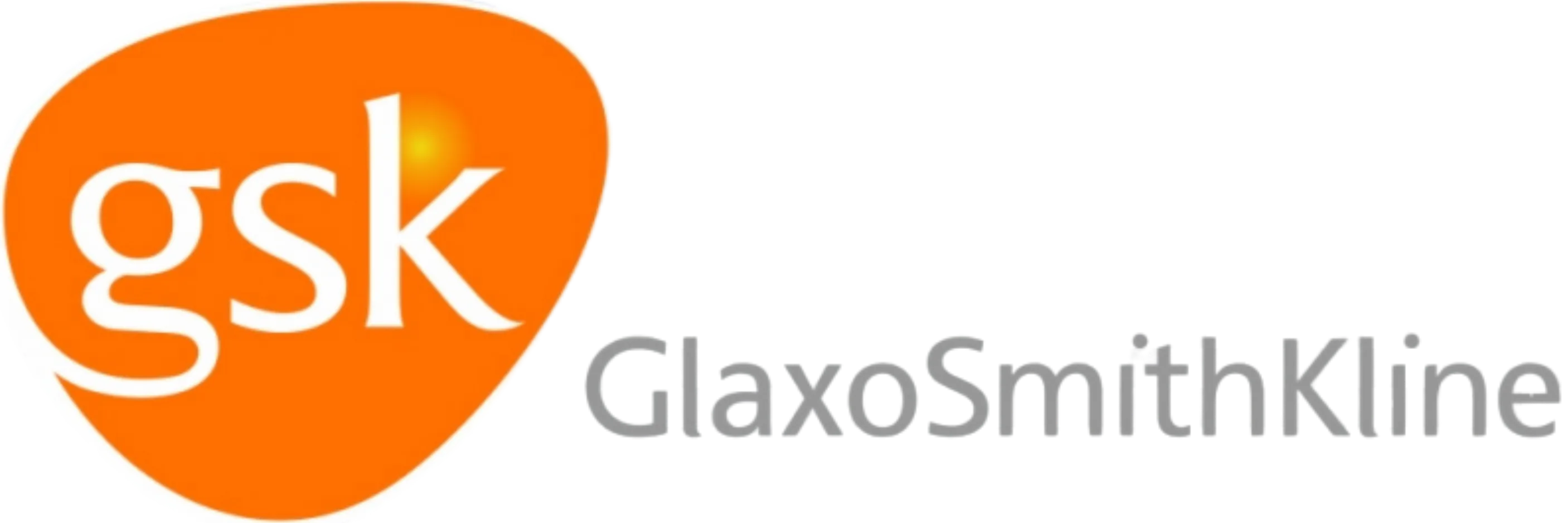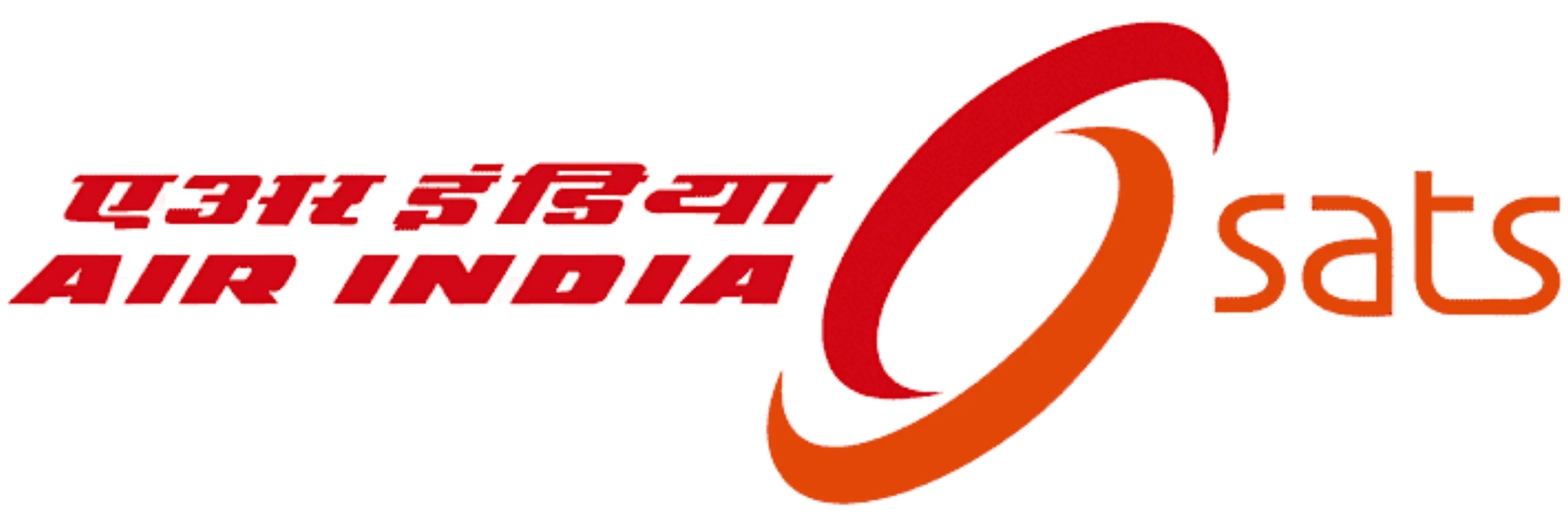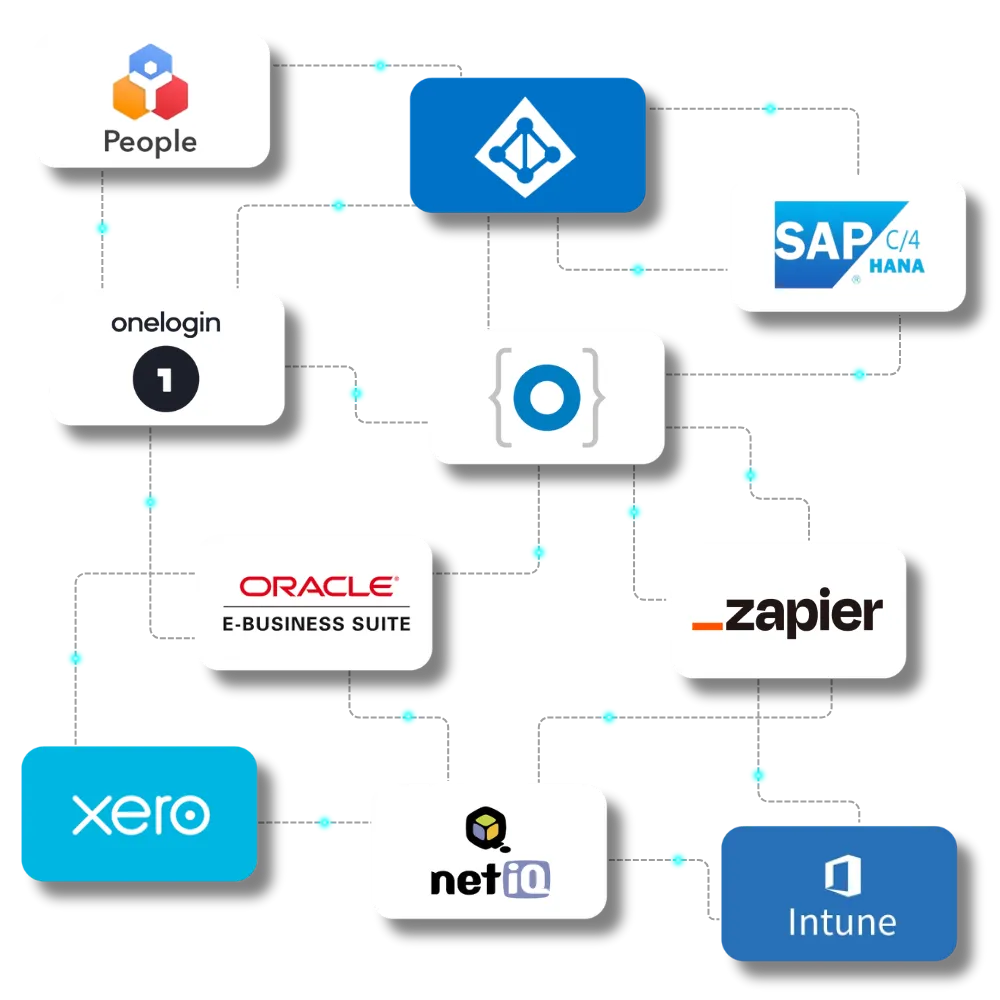Empower your plants with real-time asset visibility, predictive maintenance, and effortless compliance across production lines boosting uptime and throughput. production lines boosting uptime and throughput.
Downtime Reduction
Maintenance Efficiency
Audit Speed


.png)



The Manufacturing Asset Management Challenge The Manufacturing Asset Management Challenge The Manufacturing Asset Management Challenge
Exploring enterprise-wide asset visibility or wondering how Asset Infinity fits your operational ecosystem?
Exploring enterprise-wide asset visibility or wondering how Asset Infinity fits your operational ecosystem?
Experience the best in enterprise asset management solutions with Asset Infinity. Our system is your key to efficient asset management, delivering unmatched reliability and performance.
Maintain complete asset details, including type, location, specifications, and current status accurately.
Simplify and monitor asset check-ins and check-outs for transparent, accountable usage management.
Create customized QR codes and barcodes for efficient asset tagging and tracking.
Stay updated on pending asset returns to prevent losses and ensure timely recovery.
Manage asset disposal efficiently with accurate documentation, tracking, and regulatory compliance assurance.
Automatically scan and capture hardware and software details of all your IT endpoints
Allow users to raise requests for assets or select from a catalog of predefined asset types.
Track vendor invoices and merge or split different invoices to create assets
Track and identify RFID tags on items using RFID fixed readers
Real-time tracking of assets and fleet using GPS devices for enhanced visibility
Multiple critical machines failed unpredictably, causing line stoppages and delays.
Predictive maintenance with IoT telemetry + end-to-end asset tracking and digital inspections.
Asset Infinity’s asset verification software integrates effortlessly with ERP systems (SAP, Oracle, Dynamics), IT tools (Intune), SSO platforms (Azure AD, Okta), HRMS (Zoho People), and automation tools (Zapier, Zoho Flow). With support for RFID, GPS, and barcode hardware like Zebra and Chainway, you can automate tracking, streamline audits, and maintain accurate, real-time asset data—across every department.

Demonstrated controls and audit-readiness.
Support for manufacturing safety and asset standards.
Role-based access, SSO, encryption, and logs.
Asset tracking shows where assets are, but asset intelligence reveals performance, cost impact, and value—essential for scalable enterprises in 2026.
Nearly 30% of enterprise assets stay idle due to poor visibility and ownership, locking capital and reducing productivity; asset optimization helps recover value and efficiency.
Learn how enterprises manage assets across 10+ locations in 2026 using centralized, real-time asset tracking systems to boost visibility, control, efficiency.

Enterprise Asset Management (EAM) is a strategy and system for managing physical assets across their lifecycle—from acquisition to retirement—to maximize reliability, safety, and ROI while controlling cost and risk.

A CMMS focuses on maintenance work management within a site. EAM is broader: it adds asset lifecycle, financials, inventory, multi-site governance, and integration with ERP—ideal for complex or asset-intensive enterprises.

Yes. EAM commonly integrates with ERP, finance, procurement, and supply chain systems to sync asset masters, work orders, costs, and inventory, creating a closed loop from planning to execution and reporting.

Manufacturing, utilities and energy, transportation and logistics, healthcare and pharma, and public infrastructure rely on EAM to improve uptime, safety, and compliance, especially across multi-site operations.

Yes. Field teams can perform, document, and close work on mobile, even offline, and sync automatically when connectivity returns.
Enhance Asset Visibility and Management with RFID Technology
In today’s competitive business landscape, efficient tracking and management of assets is essential for success. RFID asset tracking delivers real-time visibility, improved security, and automated workflows to help organizations stay in control. With Asset Infinity, you get complete RFID asset tracking solutions tailored to your industry and operations.

Asset tracking with RFID provides real-time visibility of assets, enabling organizations to know the exact location and status of each asset at any given time. This real-time tracking improves asset utilization and management.
RFID tags for asset tracking are small, electronic devices that can be attached to assets. These tags store information about the asset and can be read from a distance, making the tracking process efficient and accurate
RFID tracking systems consist of RFID tags, readers, antennas, and RFID software. This integrated system ensures seamless asset tracking and management across different locations and environments

With RFID asset tracking software, asset management becomes automated. RFID technology allows for quick scanning and updating of asset records, reducing manual errors and saving time.

RFID and asset tracking solutions provide unparalleled visibility into asset location and status. This enhanced visibility leads to better control and management of assets, reducing the risk of loss or theft.

Asset tracking with RFID tags streamlines the tracking process, reducing the need for manual intervention. This increased efficiency translates to significant time and cost savings for the organization.
For businesses dealing with expensive equipment or machinery, RFID asset tracking ensures these assets are closely monitored and accounted for at all times, minimizing the risk of theft or misplacement.
Learn More
Hospitals and healthcare facilities use RFID asset tracking to locate critical medical equipment like defibrillators, ventilators, and infusion pumps promptly. This enhances patient care by reducing response times during emergencies.
Companies can use RFID technology to monitor IT assets such as laptops, servers, and networking equipment. This helps prevent unauthorized access to sensitive data and ensures proper asset utilization
Incorporating RFID tags in the supply chain enables businesses to track the movement of goods and shipments at every stage. This improves supply chain visibility, leading to better logistics and inventory management.
By tagging important documents and files with RFID tags, businesses can ensure efficient tracking and quick retrieval, streamlining document management processes.
Retailers use RFID asset tracking to efficiently manage their inventory, ensuring shelves are adequately stocked, reducing stockouts, and enhancing the overall shopping experience
RFID tags on vehicles in parking lots enable seamless entry and exit management, reducing congestion and enhancing security through automated access control
RFID asset tracking in the automotive industry helps track used cars, manage test drives, and monitor fleet vehicles' maintenance schedules, optimizing operations and customer satisfaction.
In the agriculture sector, RFID asset tracking allows farmers and horticulturists to monitor plant growth, automate watering and fertilization processes, and manage plant inventory efficiently
Libraries implement RFID asset tracking to simplify book checkouts, returns, and inventory management, streamlining library operations and improving patron experience
Construction companies benefit from RFID asset tracking by efficiently managing and monitoring their equipment, reducing downtime, and preventing theft or misplacement.
Museums and art galleries use RFID asset tracking to safeguard valuable artifacts, prevent theft, and accurately catalog and display exhibits for visitors

Asset Infinity provides a single centralized database to store and manage all IT assets, simplifying asset tracking and retrieval processes.
Real-time tracking capabilities offer instant visibility into asset location, status, and usage, empowering IT teams to make informed decisions swiftly.

Customers can set up automated alerts for asset maintenance, warranty expiration, and other important events, preventing potential issues and ensuring proactive management.

Asset Infinity supports barcode and QR code integration, thus making it easy to scan and update asset information quickly.

The platform comes with robust security features, limiting access to sensitive data and preventing unauthorized changes to asset records

Selecting the appropriate RFID tags for asset tracking is crucial. Tags should be durable, suitable for the environment, and capable of storing the required data. Asset Infinity offers a range of RFID tags to meet various tracking needs

Proper placement of RFID readers and antennas ensures effective coverage and accurate tracking. Our team at Asset Infinity provides expert guidance on setting up an efficient RFID asset tracking system

RFID asset tracking software should integrate seamlessly with your existing systems. Asset Infinity ensures that our RFID solutions work harmoniously with your current asset management, ERP, and inventory systems.

Successful implementation of RFID asset tracking solutions requires proper training and ongoing support. Asset Infinity offers comprehensive training and 24/7 support to ensure your team can effectively use the RFID system.

RFID asset tracking uses Radio Frequency Identification (RFID) technology to automatically identify and track tags attached to assets. RFID tags store information about the asset, and RFID readers capture this data, providing real-time visibility and management of the assets.

RFID asset tracking works by attaching RFID tags to assets. These tags emit radio signals that are picked up by RFID readers. The readers then transmit the data to a centralized system where it is processed and displayed, allowing for real-time tracking and management.


RFID asset tracking can be used for a wide range of assets, including IT equipment (laptops, servers), medical devices (defibrillators, infusion pumps), high-value machinery, retail inventory, documents, vehicles, construction equipment, and more.

While both RFID and barcode technologies are used for asset tracking, they differ in several ways:

RFID tags are small devices that store data and emit radio signals. They come in various forms, including passive (powered by the reader) and active (battery-powered), and can be attached to or embedded in assets.

An RFID reader is a device that captures data from RFID tags. It emits radio waves that activate the tags, allowing them to transmit their stored information. The reader then processes this data and sends it to a central system for tracking and management

RFID IT asset tracking systems help monitor and manage IT assets such as laptops, servers, and networking equipment. This prevents unauthorized access, ensures proper utilization, and simplifies audits and inventory checks.

Yes, RFID asset tracking software can integrate with existing systems such as ERP, CRM, and inventory management systems. This integration ensures seamless data flow and enhances overall asset management efficiency.


The costs of RFID asset tracking vary based on several factors, including the type and number of RFID tags, readers, software, and implementation services. While initial costs may be higher than other tracking methods, the long-term benefits and cost savings often outweigh these initial expenses.

RFID asset tracking systems include robust security features to protect sensitive data. These features may include encryption, access controls, and real-time alerts for unauthorized access or movement.

To get started with RFID asset tracking, you can reach out to Asset Infinity to discuss your specific needs and schedule a demo. Our team will guide you through the process, from selecting the right RFID tags and readers to implementing the system and training your staff.